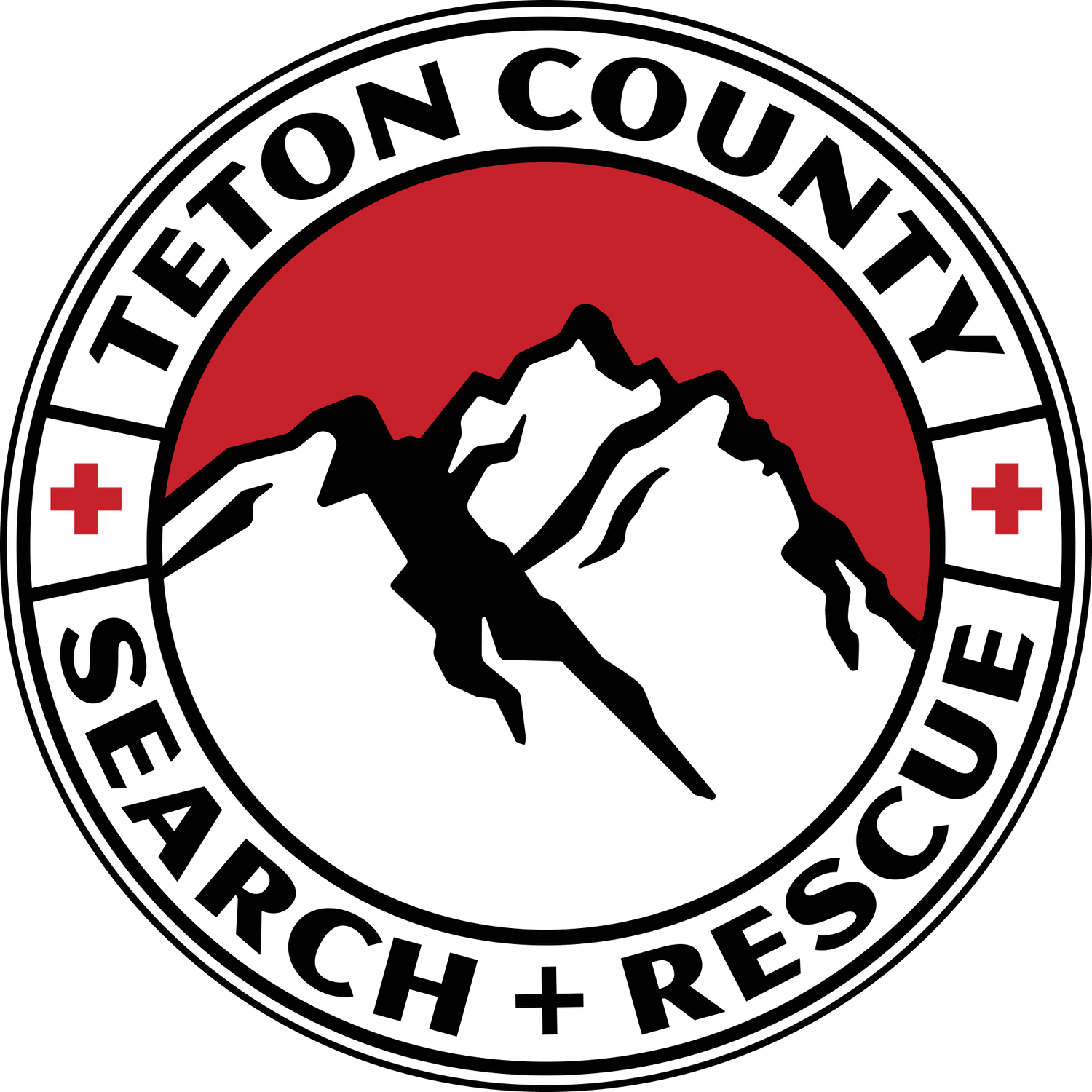As part of of our efforts to generate funding in order to provide expanded emergency helicopter service in Teton County, we’re profiling members of the short-haul team. This will be the last one as the campaign wraps up this week!
Time to meet Keegan Pfeil, a TCSAR volunteer since 2015. As a registered nurse at St. John's Health, he's had a busy spring on the frontlines of the pandemic as a medical provider. When the crisis picked up steam in late March, he foresaw the looming shortage of personal protective equipment for healthcare workers, and helped launch the Jackson Hole Mask Project. By mid-April, the effort had generated more than 3,500 masks for the hospital.
Pfeil also recently became 'operational' as a member of the TCSAR short-haul team, meaning he'd logged enough flight hours and passed a series of tests to begin responding to callouts via helicopter. We caught up with him to get his thoughts on what's transpired the last few months.
Why Should People Support Heli-Yes?
The helicopter is an essential tool for TCSAR. It allows us to get to the most critical patients the quickest and get them the medical attention they need. The season never ends for TCSAR, and just because fewer people might be in the backcountry this time of the year, all it takes is one significant injury. The helicopter can truly be a matter of life or death and by extending our contract it can make a world of difference.
Where are you from and how long have you lived in Jackson?
I am from Port Orchard, Washington, on the Olympic Peninsula. I’ve been in Jackson for 18 years.
What’s been the most valuable lesson from the pandemic?
Don’t take the face-to-face time you have with friends and family for granted, cherish those times. You never know when that could be taken away from you.
What positives have you seen or experienced during the health crisis?
We have seen a decrease in our carbon emissions since the coronavirus. Hopefully we can learn from it and become more aware of our effects and our carbon footprint. Additionally, the virus has exploited some major faults in our healthcare system, which we can hopefully learn from and be better prepared for in the future.
What music are you currently listening to?
Pink Floyd.
What motivated you to become a TCSAR volunteer?
As an emergency room nurse who loves the outdoors and adventure, I was always intrigued by it. Search and Rescue combines my greatest passions: a love for adventure and the outdoors, and a love for medicine, trauma and helping others.
Why did you want to join the short-haul team?
I thought it would be a good way to further my skills as a volunteer and would provide me the means to reach more people in the backcountry that could possibly benefit from my medical experience. Plus, it's exciting.
How does someone become a short-haul team member?
First you have to become a SAR member and show you can work well with others on the team. You have to become proficient in the other areas SAR focuses on. It takes several years of being a member of SAR before you have a chance for short-haul.
What is the most challenging aspect of short-haul?
There is a lot going on with a short-haul insertion and/or extraction. Making sure you keep yourself and teammates safe is probably what I focus on most. The communications we develop between the pilot and other short-haul members is very precise. That was probably the most nerve wracking thing for me.
In your time at TCSAR, what or who has been your biggest influence?
Everyone on the team brings something to the table, and I try to learn from them all.
What has been the biggest reward of being a volunteer?
Being able to help people in need and bringing them home safely to their loved ones. Seeing the emotions and expressions of loved ones when you return someone to them safely.
What do you do when you are not Search and Rescuing?
Try to spend as much time outside as possible. I love adventure and interacting with wild places whether I’m skiing, snowmobiling, biking, dirt biking or hunting.




